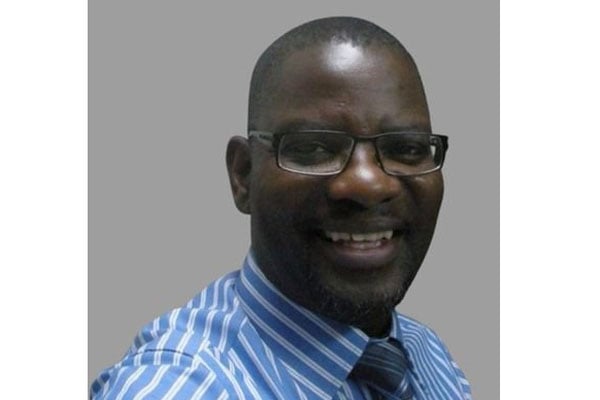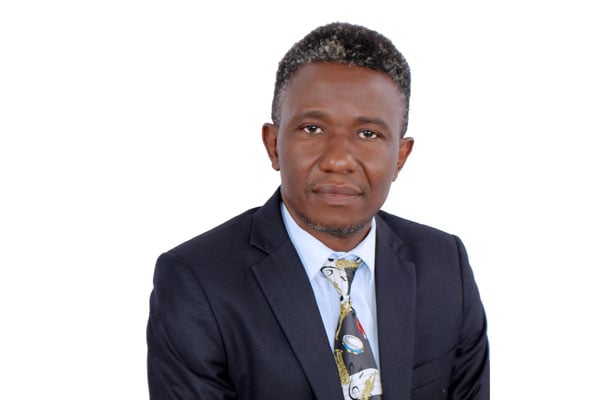
Musaazi Namiti
To understand how difficult it is for poor Ugandans to secure safe and decent homes, think about this story. It was doing the rounds on social media two weeks ago, and it came from comments made by Pastor Patience Rwabwogo.
She said that 18 years ago, she and her husband fell behind on their mortgage repayments, and the bank threatened to sell their home if they did not repay in seven days.
The pastor, who said they somehow managed to get the money “with the help of God”, is a daughter of President Museveni, no less. And Mr Rwabwogo is a special advisor to his father-in-law and an entrepreneur who for many years ran a PR and communications firm called Terp Consult, which he founded.
Prior to launching Terp Consult, he had worked as a reporter for the State-owned New Vision. He also had a short stint at the Uganda Revenue Authority (URA).
The New Vision may be struggling financially, but it was profitable when he worked there and paid workers well (at least those who were on the payroll). And the URA remains one of the best organisations to work for when it comes to remuneration.
Consequently, the couple is well-off and does not live like the vast majority of struggling, poverty-battered Ugandans. Nonetheless, they were struggling with their mortgage repayments and nearly lost their home in Buziga, a Kampala suburb.
Now think of a teacher or a police officer or a reporter or any hustler on a monthly salary of Shs450,000–Shs800,000 who wants to own a home in Kampala. Where can they build a house on such a laughably small salary?
The Pastor Rwabwogo story sheds light on how we ended up with the Kiteezi tragedy, which stole the lives of 30 Ugandans, and started when a rubbish dump — the media erroneously called it a landfill — fell on homes and buried their occupants.
Ugandans are desperate for homes, but they cannot afford decent, modern houses that are strong and durable. Three years ago, the National Housing and Construction Company estimated that Kampala needs 750,791 units, other towns one million units and rural areas 8.4 million units. Nationally, it said, 10 million units would be required.
Demand is outstripping supply, yet the company, which started in 1964, cannot even construct 2,000 units in 10 years. Even worse, the homes on sale are so expensive that a Ugandan earning, for example, Shs800,000 would have to work for 20 years without spending a shilling on anything to afford an apartment of Shs200m.
This means that those who can hustle and raise some money to buy a cheap plot of land near a rubbish dump or in a wetland will be more than happy to do so and will not think about the consequences. They do not have many options. Either they pay rent for the rest of their lives or buy affordable land near a rubbish dump and build their own homes.
The Kiteezi tragedy is the price we have paid for our abject poverty and having a largely dysfunctional government. It is poverty that forces people to build homes near a rubbish dump. It is poverty that led to the construction of weak homes that were buried by the rubbish dump.
Given the government’s poor planning and inability to provide safe and affordable homes, more Kiteezi-like tragedies may be in the making. We are seeing wetlands becoming busy construction sites, and that increases the odds of deadly floods.
Musaazi Namiti is a journalist and former Al Jazeera digital editor in charge of the Africa desk
[email protected]
@kazbuk







